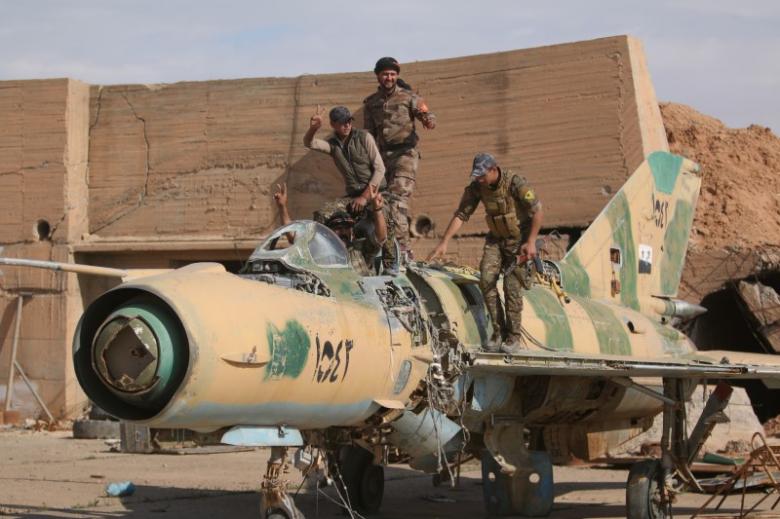Beirut – Russia surprised the Syrian opposition and their allies on Monday by suggesting four “zones of reduction of tensions” in the country, and the creation of a joint working group to prepare for a battle to remove ISIS and al-Nusra from those Syrian areas with the help of the opposition, read a paper presented by Moscow to opposition forces, including Ahrar al-Sham, during a preparatory meeting for the Astana summit held in Ankara.
The paper, which aims to de-escalate tension between opposition forces and the regime, was leaked on the eve of the fourth round of the Astana talks, to be held on Tuesday in the Kazakh capital.
All 15 armed opposition factions expected to participate in the Astana summit gave their “preliminary approval” on the Russian proposal.
However, those factions demanded clarifications concerning the possibility of Iran’s participation in the joint forces.
“We will never accept the participation of Iran in the joint forces,” a source from the Syrian opposition told Asharq Al-Awsat.
Moscow also suggested the creation of “safety lines along all the borders of the de-escalation zones with the possibility of deploying forces from guarantor countries for ceasefire monitoring,” the paper read.
Syrian opposition member Abdel Rahman al-Hajj told Asharq Al-Awsat on Monday that Ankara suggested that the interposition zones proposed in Russia’s paper be of 2 km, adding that Moscow’s paper “is an anticipatory operation to oust the proposal of safe zones, which the US is currently planning to establish.”
Meanwhile, after recuperating around 80 percent of Tabqa from ISIS militants, the Syrian Democratic Forces, backed by the Washington-led international coalition, edged closer to completely controlling the city, located in the countryside of western Raqqa.
In the city of Raqqa, ISIS’ capital in Syria, residents suffered from a tense security situation and difficult humanitarian conditions, as they wait for the upcoming battle to liberate their city.
